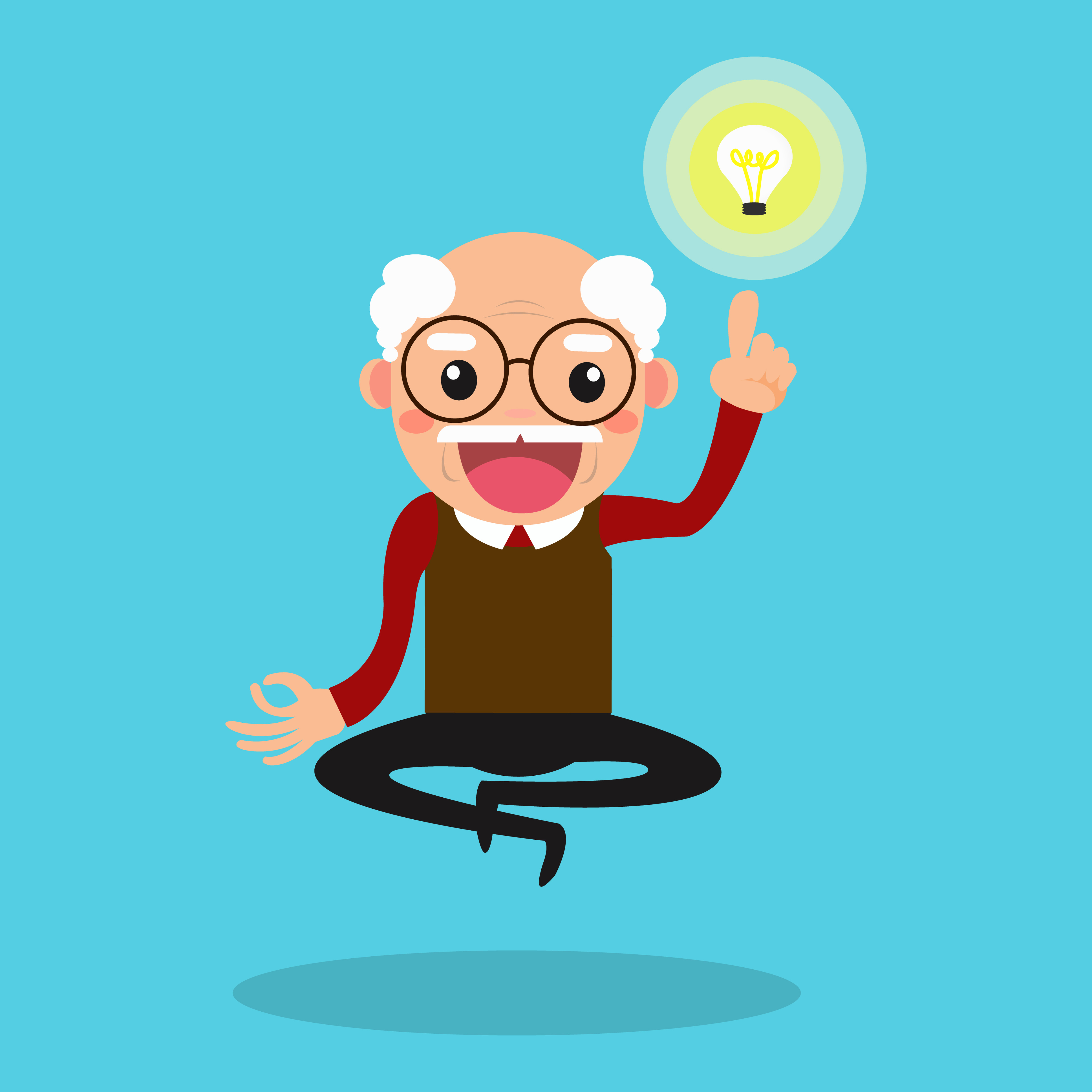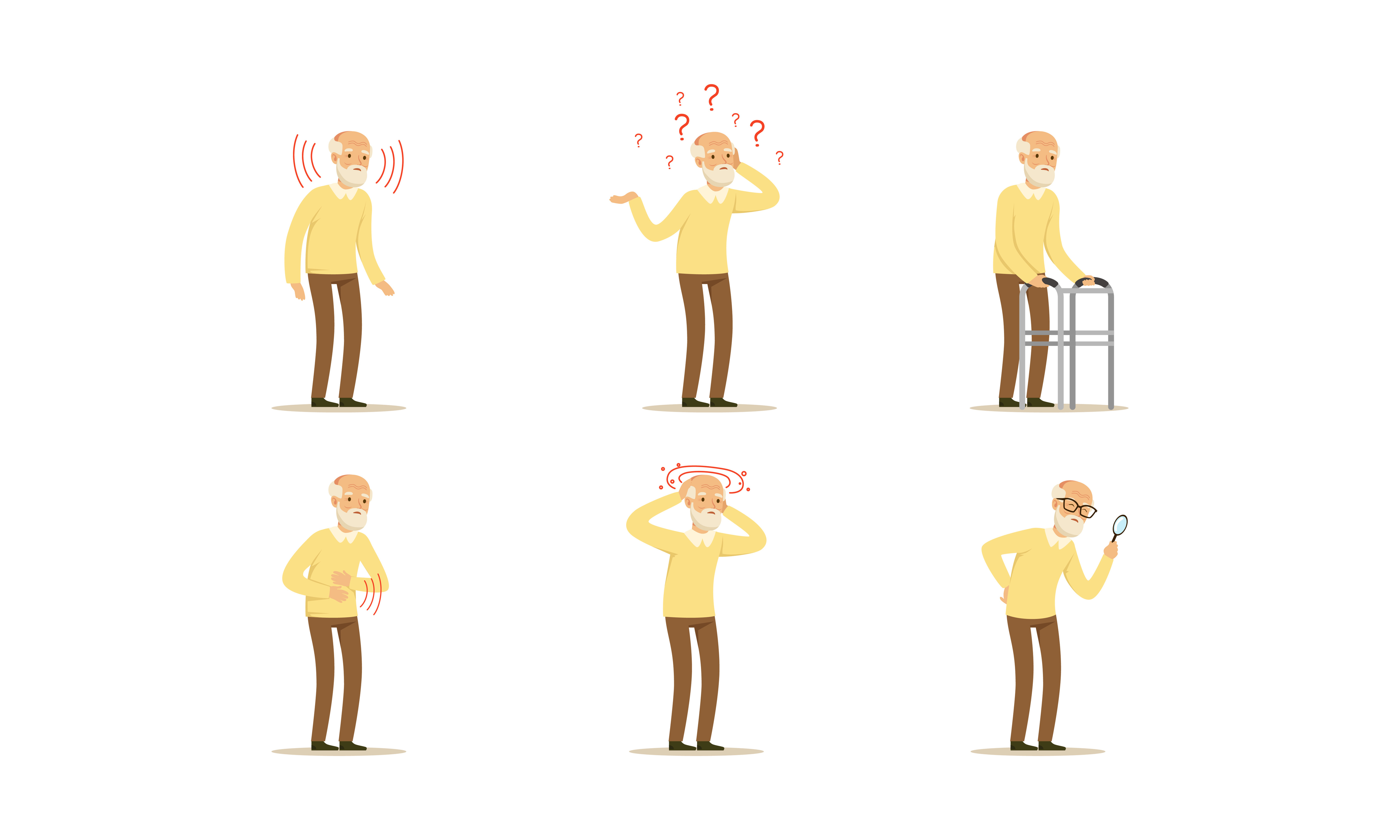Meditation For Alzheimer's/dementia
by Yorkshire VillageINTRODUCTION:
Meditation is the process by which an individual trains his mind to achieve some benefits such as positive thoughts, attention, awareness, and calmness. Memory care centers , or assisted living facilities , often incorporate meditation to reduce stress, relax the mind, and revitalize the connection of the body to the brain. A simple meditation practice may include sitting comfortably in the chair, taking deep breathing through the nose for 10-15 minutes while keeping the focus of mind on breathing.
Alzheimer’s is characterized by the progressive development of symptoms long after the degradative process in brain tissues. Research studies have proved the impact of daily meditation practice on the alleviation of signs and symptoms of people with Alzheimer’s. Meditation has been involved to improve cognitive brain functions, sleep, mood, behavior, and quality of life. Although the direct effects of meditation and yoga on risks of Alzheimer’s disease are not currently documented, it’s been shown to improve the associated conditions which propagate the degenerative process. There are many kinds of meditation practices available. One of the most highlighted ones is mindfulness-based stress reduction (MBSR) which improves the cognition process and general well-being of people with dementia and memory loss.

BENEFITS OF YOGA AND MEDITATION FOR ALZHEIMER’S:
There is no cure for the degenerative brain tissues in patients with Alzheimer’s. However, meditation and yoga may play an effective role in mitigating the symptoms and improving the quality of life for the patients and their caregivers. Further benefits of meditation may include:
- Slows down the progression of Alzheimer’s disease
- Helps manage moods and emotions
- Keeps the mind focused
- Improves the digestion
- Improves memory
- Promotes relaxation and calmness
- Boosts immune functions
- Maintain psychological well being
MINDFUL ACTIVITIES FOR A HEALTHFUL BRAIN:
Mindfulness is a type of meditation in which you keep your concentration on the awareness and feeling in the present moment. Mindfulness has long been recognized as a benefit for the health of the human brain. However modern techniques have a great impact on the memory and cognitive functions of the brain.
- Deep Breathing:
- Raisin Exercise:
- Body scan
- Starting a gratitude journal
- Meditate while taking a shower
- Be present at the moment
- Observe alterations of mood
- Create your mind map
- Listening to music
- Therapeutic coloring exercise
- Enjoy the beauty of nature
- Stretching exercises
One of the most significant benefits of mindful activities is that they relieve the stress and depression associated with Alzheimer’s and dementia. Stress is factor a with a direct correlation in elevated blood pressure, memory loss, and obesity. Mindful activities boost the memory and help prevent the side effects of deteriorating brain tissues in dementia. Keeping the mind active and creative also slows the progression of Alzheimer’s.

RELAXATION TECHNIQUES AND THERAPIES FOR DEMENTIA CARE:
Memory loss can often be frustrating for individuals struggling with Alzheimer’s. Many people become hopeless when they want to learn about their disorder, yet they can’t remember things accurately. Their stress level rises which makes them angry, frustrated, or sometimes depressed. Therefore, a person with dementia needs to remain relaxed and calm. Several relaxation techniques may be helpful in this regard:
- Breathing Exercises: This involves the residents with dementia in a purposeful activity. Ask them to sit calmly while keeping their hands on their stomach area. Take deep breaths through the nose and feel the expansion of the stomach area. This allows the oxygen to reach the ends of the lungs. Doing this breathing exercise for 10-15 minutes helps relieve the stress caused by memory deficit.
- Visualization: Ask the person with dementia to visualize something while closing their eyes and keeping their focus on the sensations they feel such as colors, lights, sounds. This visualization technique has been found to improve the mood, reduce stress, and boost the confidence of residents.
- Massage: It can be extremely soothing for dementia care as it helps the residents keep calm and relaxed. They can better deal with stress and sleep properly.
- Sensory rooms: Some dementia care centers have sensory rooms with pictures, lights, musical equipment to engage the sensory abilities of residents with dementia. It makes them focus on their sensation which may be beneficial in preventing sensory deterioration.
CONCLUSIONS:
Meditation has been shown to engage the vital parts of the brain according to their functions which helps to build an entirely new set of brain connections through the stimulation and activation of neuroplasticity. This helps boost the memory and cognitive function in Alzheimer’s. Various research studies have found that yoga is involved in shooting the brain, relieving stress and depression, and improving the behavior of the affected person with their caregivers.
We hope you appreciate this article, and will take the time to call us today at Yorkshire Village assisted living today so we can explain all our specifically tailored care plans that can ease your mind. We at Yorkshire Village are confident in our team's professionalism and personal attention to your needs will convince you our treatment is top notch. Wishing you prolonged health and wellness.

